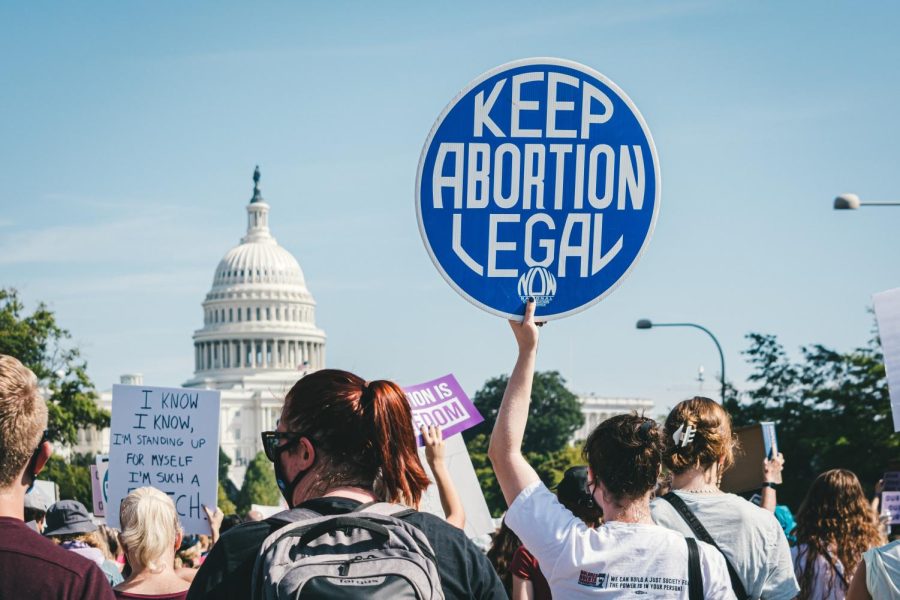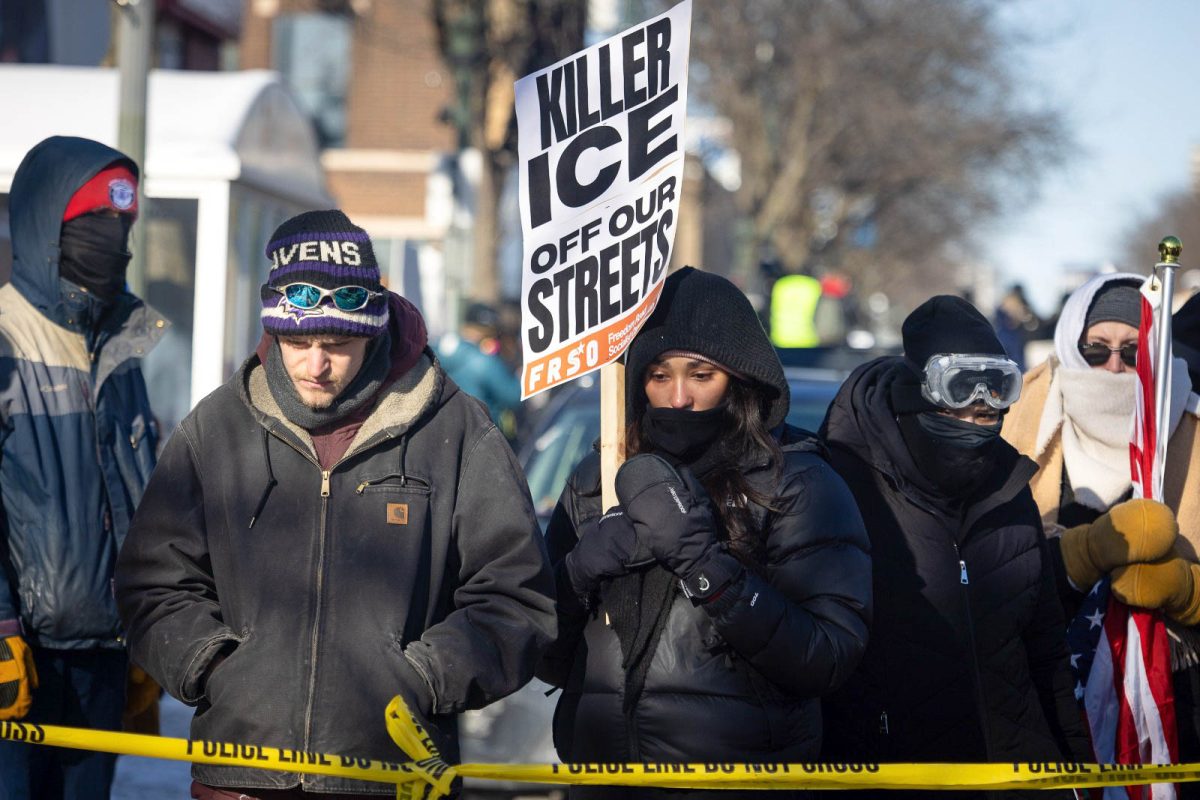What Does a Post-Roe America Look Like?
June 3, 2022
Ugly, unsafe, and unequal.
It is not often that we see history moving backward. However, that seems to be the case in the Supreme Court’s leaked draft opinion, which threatens to overturn nearly half a century of precedent in its steadfast rejection of Roe v. Wade (1973) and Casey v. Planned Parenthood (1992).
Currently, access to safe abortion is protected by the federal government under the constitutional right to privacy. In a post-Roe America, the Supreme Court would devolve this power to state-level legislatures—13 of which have “trigger laws” that would place restrictions on abortion immediately after Roe is overturned. If Roe ultimately falls, other red states are likely to implement similar restrictions, affecting approximately half of U.S. women of reproductive age.
The specter of an abortion-free America haunts many women—especially those with inadequate healthcare coverage and limited access to contraception. As a result of restrictive abortion laws, healthcare providers in states allowing abortion could see an influx of women seeking care, and already underfunded hospitals could be dangerously unprepared to meet new demands.
For one, five states surrounding Texas saw an 800% increase in the number of abortion patients in Planned Parenthood clinics following a six-week ban in September of 2021. The effects of this bill have not only rippled throughout hospitals, but throughout state legislatures as well; other states, such as Oklahoma, have followed suit, recently passing a bill modeled on Texas’ abortion law.
While it is true that women with no abortion access could travel across state borders to get an abortion, the issue is significantly more complicated than meets the eye; almost half of all women who get abortions in America live below the poverty line, and traveling hours to a clinic risks cuts in wages and even employment. In fact, researchers from the University of Utah found that the median distance to an abortion clinic in a post-Roe America would increase threefold, from approximately 40 miles to 113.5 miles.
“There are already huge disparities for who has access to abortion care. If Roe gets overturned and state legislation becomes law, it will widen the disparities even more,” Brenna Kelly, the lead author of the study, told the University of Utah.
A byproduct of restrictive abortion laws, illegal abortions are also projected to rise in a post-Roe America. In fact, according to a 2009 study conducted at Brigham and Women’s Hospital in Boston, countries with restrictions on abortion access have higher rates of abortion and substantially higher rates of abortion-related deaths.
“The Constitution makes no reference to abortion, and no such right is implicitly protected by any constitutional provision,” Justice Alito argued in the leaked draft opinion—a stark display of his originalist judicial philosophy. Following the same line of logic, precedents set by the Court in recent decades concerning issues such as gay marriage and the use of contraception could easily be overturned.
This is what many social activists are worried about—the prospect of moving backward and erasing progress. The overturning of important rulings concerning social and gender equality being at the whims of an unelected conservative majority is, to many, undemocratic.
Along with pro-choice activists, many Democratic leaders fear a domino effect on the rights derived from the Constitution, upheld by numerous landmark cases. “If the right to privacy is weakened, every person could face a future in which the government can potentially interfere in the personal decisions you make about your life,” Vice President Kamala Harris said in a statement released hours after the court leak.
In addition to highlighting the ostensible flaw of protecting rights not explicitly outlined in the Constitution, Justice Alito quoted Sir Matthew Hale, a 17th-century English jurist and witchcraft prosecutor. Alito’s heavy reliance on Hale’s judicial philosophy has prompted many academics to question the legitimacy and robustness of his dissenting opinion, which has the potential to affect almost half the female American population.
The shock of a post-Roe society to the American healthcare system will inevitably bring forth a tsunami of political turmoil, economic hardships, and calls for reform from across the nation. If a mere draft opinion sparks flames of widespread protest and riot, we can only imagine what will result from the actual overturning of Roe v. Wade would be — likely even more polarization, division, and chaos.
The Supreme Court of the United States, different from the Supreme Court of Japan, has long been an unelected body intended to promote the “spirit of stability against the fickleness of the democracy,” as delineated by Alexis de Tocqueville nearly two centuries ago.
Yet, Tocqueville’s words seem rather contradictory when considering that the modern pro-choice movement appears to be reacting to the fickleness of the courts themselves — whether that be in Texas, Oklahoma, or in front of the Supreme Court.
Many argue that the courts have a moral imperative to listen to the voices of their citizens, especially when considering the widespread support Roe has garnered through the decades. Yet, as the end of Roe looms closer and closer, pro-choice activists may have to accept that such a decision could simply just be the nature of justice in modern America.





















Ken Stahl • Oct 12, 2022 at 2:51 AM
The Roe vs Wade decision was overturned on the basis of a weak constitutional argument. Even Ruth Bader Ginsburg was concerned that the argument focused on the right to privacy as well as the physician’s ability to perform these procedures rather than on the woman’s right to have one done. Congress could create another amendment to enshrine abortion, and then no state would be allowed to prevent it.
One thing to note is women are often more pro-life than men (look at multiple polls, it’s hard to pin down exactly the proportion). If the vast majority of women agreed on this subject, we might already have an amendment for abortion rights.